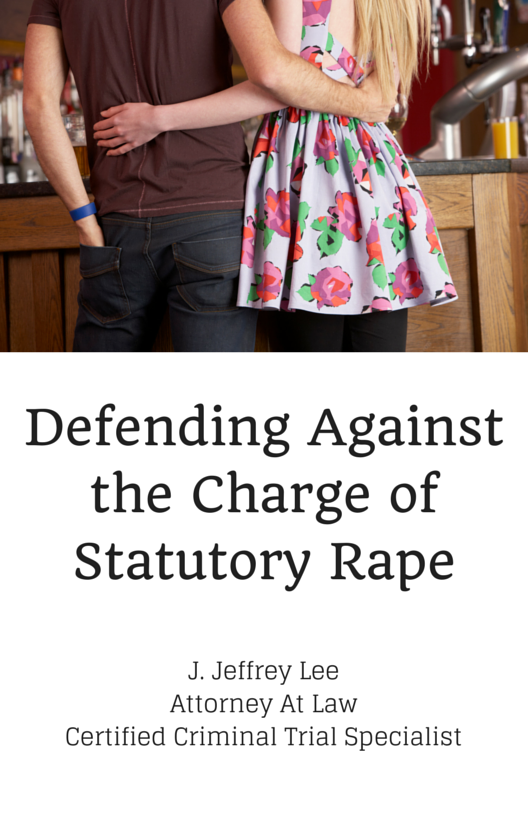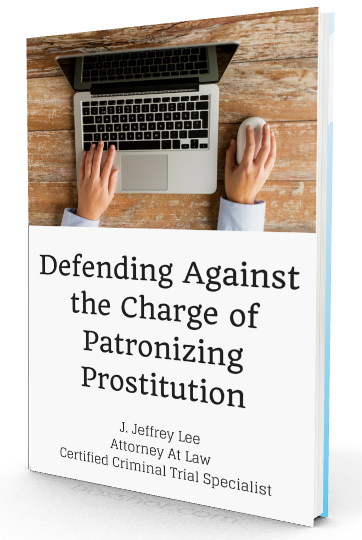Facebook screamers posters would have you believe that we now live in a ‘rape culture,’ where violence against women is accepted and considered normal. This concept plays well to a converted audience that selectively picks its targets (Yes for Ray Rice, No for Hope Solo, Brittney Griner or Glory Johnson).
Celebrities and media outlets are happy to perpetuate this myth, regardless of actual crime statistics to the contrary. (To understand why it seems like domestic violence or rape is more prevalent, click here to learn about the mythical increase in shark attacks due to media over-reporting between 2001 and 2011.)
Surely, the cure for this fake problem is more PSA commercials, where celebrities cross their arms and mean-mug to the camera, to make it clear that they’ve had it with abusers you, the puzzled person watching an NFL game in your living room. Somehow, as a member of society, you are complicit in this crime, if for no other reason, because you won’t acknowledge your male privilege and flog yourself accordingly.
And of course, we need to reach out to the ‘good men’ that stand up for women to become allies, as if the default man is not a good man (Logical fallacy: No True Scotsman). But what sort of things can these ‘good men’ do to help? They can ‘walk a mile in her shoes,’ which apparently looks like this:

We can all admit that some men have committed terrible acts of violence against women, and it’s fair enough to admit that men had it pretty good historically speaking, but society is now over-correcting by ‘man-shaming’ young boys into thinking that they are all potential rapists. In the meantime, I will continue to ask potential jurors how much of this hype they’re willing to swallow without critical evaluation.
Kudos to RAINN for trying to turn the national conversation away from ‘rape culture rhetoric’ and remain focused on the true cause of the problem. I have included the article below, and the original article can be found here.
“Rape is as American as apple pie,” says blogger Jessica Valenti. She and her sisters-in-arms describe our society as a “rape culture” where violence against women is so normal, it’s almost invisible. Films, magazines, fashion, books, music, humor, even Barbie — according to the activists — cooperate in conveying the message that women are there to be used, abused and exploited. Recently, rape-culture theory has migrated from the lonely corners of the feminist blogosphere into the mainstream. In January, the White House asserted that we need to combat campus rape by “[changing] a culture of passivity and tolerance in this country, which too often allows this type of violence to persist.”
Tolerance for rape? Rape is a horrific crime, and rapists are despised. We have strict laws that Americans want to see enforced. Though rape is certainly a serious problem, there’s no evidence that it’s considered a cultural norm. Twenty-first century America does not have a rape culture; what we have is an out-of-control lobby leading the public and our educational and political leaders down the wrong path. Rape-culture theory is doing little to help victims, but its power to poison the minds of young women and lead to hostile environments for innocent males is immense.
On college campuses, obsession with eliminating “rape culture” has led to censorship and hysteria. At Boston University, student activists launched a petition demanding the cancellation of a Robin Thicke concert because the lyrics of his hit song “Blurred Lines” allegedly celebrate “systemic patriarchy and sexual oppression.” (The lyrics may not exactly be pleasant to many women, but song lyrics don’t turn men into rapists. Yet, ludicrously, the song has already been banned at more than 20 British universities.) Activists at Wellesley recently demanded that administrators remove a statue of a sleepwalking man: The image of a nearly naked male could “trigger” memories of sexual assault for victims. Meanwhile, a growing number of young men find themselves charged with rape, named publicly and brought before campus judicial panels informed by rape-culture theory. In such courts, due process is practically nonexistent: guilty because accused.
Rape-culture theorists dismiss critics who bring up examples of hysteria and false accusations as “rape denialists” and “rape apologists.” To even suggest that false accusations occur, according to activists, is to engage in “victim blaming.” But now, rape culturalists are confronting a formidable critic that even they will find hard to dismiss.
RAINN (
Rape, Abuse & Incest National Network) is America’s largest and most influential anti-sexual-violence organization. It’s the leading voice for sexual-assault victim advocacy. Indeed, rape-culture activists routinely cite the authority of RAINN to make their case. But in RAINN’s recent
recommendations to the White House Task Force to Protect Students from Sexual Assault, it repudiates the rhetoric of the anti–“rape culture” movement:
In the last few years, there has been an unfortunate trend towards blaming “rape culture” for the extensive problem of sexual violence on campus. While it is helpful to point out the systemic barriers to addressing the problem, it is important not to lose sight of a simple fact: Rape is caused not by cultural factors but by the conscious decisions, of a small percentage of the community, to commit a violent crime.
RAINN urges the White House to “remain focused on the true cause of the problem” and suggests a three-pronged approach for combating rape: empowering community members through bystander intervention education, using “risk-reduction messaging” to encourage students to increase their personal safety and promoting clearer education on “where the ‘consent line’ is.” It also asserts that we should treat rape like the serious crime it is by giving power to trained law enforcement rather than internal campus judicial boards.
RAINN is especially critical of the idea that we need to focus on teaching men not to rape — the hallmark of rape-culture activism. Since rape exists because our culture condones and normalizes it, activists say, we can end the epidemic of sexual violence only by teaching boys not to rape.
No one would deny that we should teach boys to respect women. But by and large, this is already happening. By the time men reach college, RAINN explains, “most students have been exposed to 18 years of prevention messages, in one form or another.” The vast majority of men absorb these messages and view rape as the horrific crime that it is. So efforts to address rape need to focus on the very small portion of the population that “has proven itself immune to years of prevention messages.” They should not vilify the average guy.
By blaming so-called rape culture, we implicate all men in a social atrocity, trivialize the experiences of survivors, and deflect blame from the rapists truly responsible for sexual violence. RAINN explains that the trend of focusing on rape culture “has the paradoxical effect of making it harder to stop sexual violence, since it removes the focus from the individual at fault, and seemingly mitigates personal responsibility for his or her own actions.”
Moral panic over “rape culture” helps no one — least of all, survivors of sexual assault. College leaders, women’s groups and the White House have a choice. They can side with the thought police of the feminist blogosphere who are declaring war on Robin Thicke, the Sports Illustrated Swimsuit Edition, male statues and Barbie. Or they can listen to the sane counsel of RAINN.
Caroline Kitchens is a research assistant at the American Enterprise Institute
 TN Supreme Court: Less Evidence Required in Child Molestation Cases
TN Supreme Court: Less Evidence Required in Child Molestation Cases



